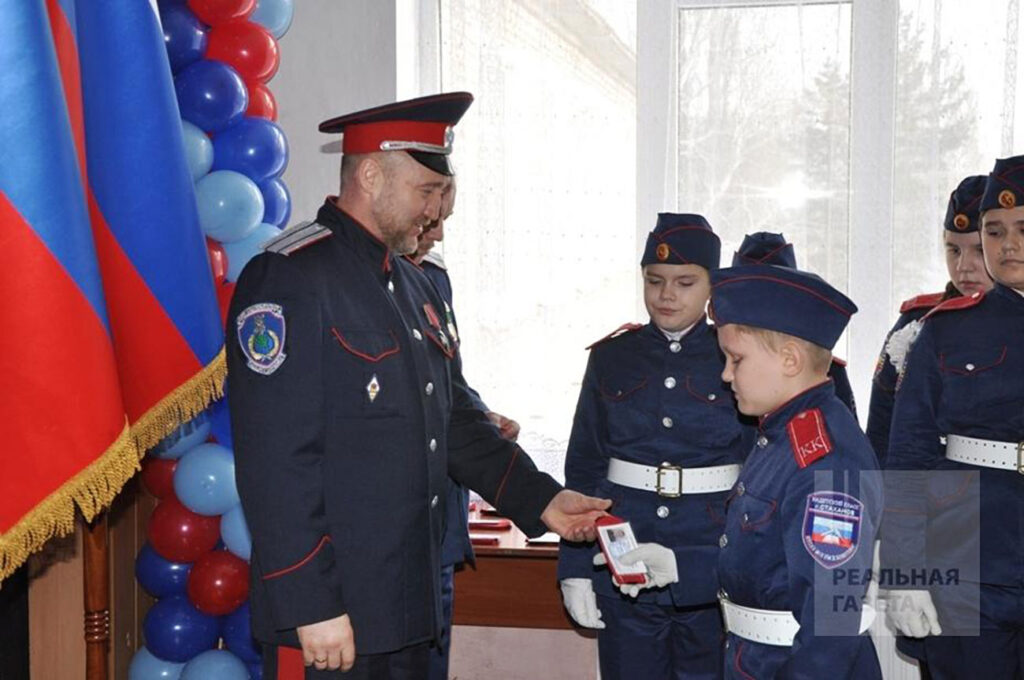Where Russia takes kidnapped Ukrainian children for “re-education” – 210 facilities identified

A study by the Humanitarian Research Lab (HRL) at Yale University’s School of Public Health has identified 210 facilities in Russia and occupied Ukrainian territories where children abducted from Ukraine are held and “re-educated.” The report also found evidence that some children are being militarized.
“Russia has been engaged in the deportation, re-education, militarization, and coerced fostering and adoption of children from Ukraine since at least 2014 in the temporarily occupied territories of Crimea, Luhansk, and Donetsk. Following the full-scale invasion of Ukraine by Russia in February 2022, these efforts significantly expanded in scale and scope. Cohorts of children were rapidly included in the Russian Federation’s pre-existing program of Russification from newly occupied regions such as Zaporizhzhia, Kherson and cities such as Kharkiv and Mariupol.” – the report reads.
210 “re-education” facilities for Ukrainian children
The majority of the facilities identified in the report are located in European Russia and occupied Crimea.
Children are being held in camps and sanatoriums (most frequently), as well as cadet schools, a military base, medical facilities, a religious site, secondary schools and universities, a hotel, and family support centers and orphanages.
Researchers found that re-education activities occurred at 130 sites (62%), involving cultural, patriotic, or military programming aligned with pro-Russia narratives.
Militarization programs were observed at 39 sites (19%), and 49 sites (23%) have been expanded or newly constructed, including two new cadet schools, likely to accommodate more children.
More than half of the facilities (106 of 210) are managed by the Russian federal or local government, including 55% of re-education sites and 58% of militarization sites.
Children in these facilities fall into four main groups:
- children taken to summer camps for what was intended to be temporary “re-education” by pro-Russian patriotic organizations;
- children taken from Ukrainian orphanages and other institutions for children, and/or children with physical disabilities;
- children forcibly separated from parents in frontline areas after the 2022 invasion; and
- children taken directly from their parents in Russian-operated filtration camps in and around Mariupol in 2022 when the city was first occupied.
The report urges international organizations and governments to support the return and reintegration of Ukrainian children, hold perpetrators accountable, and strengthen protections to prevent such abuses in the future.
“The impact of the alleged crimes perpetuated by the Russian government are likely to leave generational scars,” the report concludes.
Russia’s history of abducting Ukrainian children
The systematic abduction of Ukrainian children has accelerated since Russia’s 2022 invasion, building on practices begun in 2014 in occupied Crimea, Donetsk, and Luhansk.
Over 3,000 children from occupied Kherson Oblast were taken to remote Russian regions during summer 2024 alone. Separate documentation identified 40,000 children relocated to various Russian locations including Moscow, Saint Petersburg, and facilities as far as 8,000 kilometers from Ukraine.
The International Criminal Court issued arrest warrants in March 2023 for Russian President Vladimir Putin and Russian Children’s Rights Commissioner Maria Lvova-Belova on charges of illegal child deportation.
